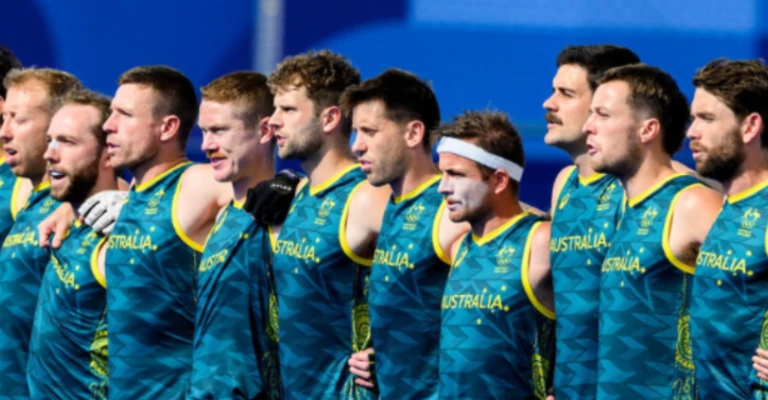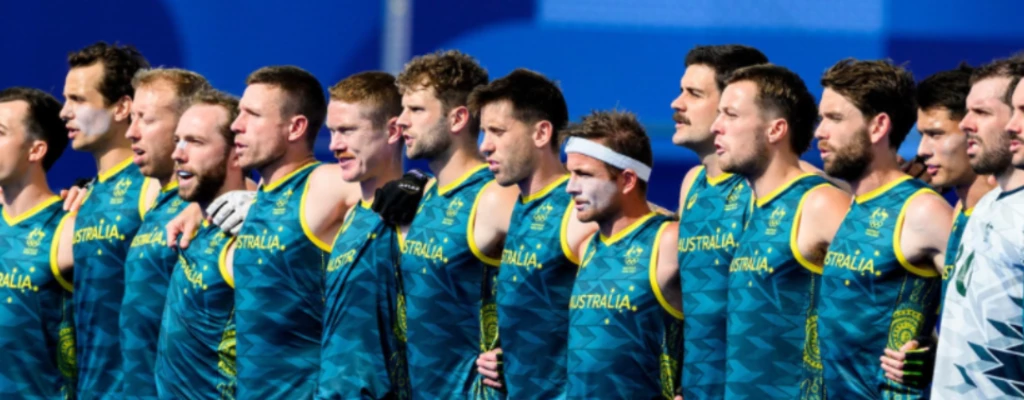



Hockey Australia
Key Info
Challenges
The Environmental Impact of Elite Sport and Events
As a national sports organisation with global ambitions, Hockey Australia facilitates year-round international travel for the Kookaburras and Hockeyroos, alongside major domestic activations such as the Hockey One League. This activity brings with it a naturally high environmental footprint, from athlete and team travel to venue operations, event-day logistics, and fan attendance. While sustainability is a growing focus, the current system is still maturing, resulting in challenges around measuring emissions accurately, managing waste at venues, and reducing energy and resource consumption. Balancing performance outcomes with environmental responsibility is a complex, ongoing priority.
Navigating Operational Unknowns
Hockey Australia is actively building its capability in areas such as ESG strategy, emissions tracking, and inclusive program delivery but many of these domains still present significant unknowns. There are questions around how best to define emissions boundaries across a federated sport system, what to include within the scope of reporting (e.g. fan travel, supply chains), and how to harmonise efforts across community, commercial, and high-performance operations. Much like others in the sporting ecosystem, the organisation is learning as it goes, segmenting its activities to establish a meaningful baseline and to better engage internal teams, state partners, and external stakeholders around clear impact goals.
Expanding the Scope of Impact
While Hockey Australia has a long-standing commitment to community sport and high performance, it is now beginning to broaden its impact lens. Beyond traditional goals of participation and podium success, there is a growing awareness of hockey’s potential to drive social and environmental change. From embedding Indigenous engagement and gender equity into its programs, to collaborating with charity and climate partners, the organisation is laying the groundwork for a more holistic impact framework. The path forward involves not just offsetting or reporting, but embedding long-term legacy thinking across all levels of the game, positioning hockey as a sport that contributes meaningfully to Australia’s social fabric and sustainable future.
Brand Journey

